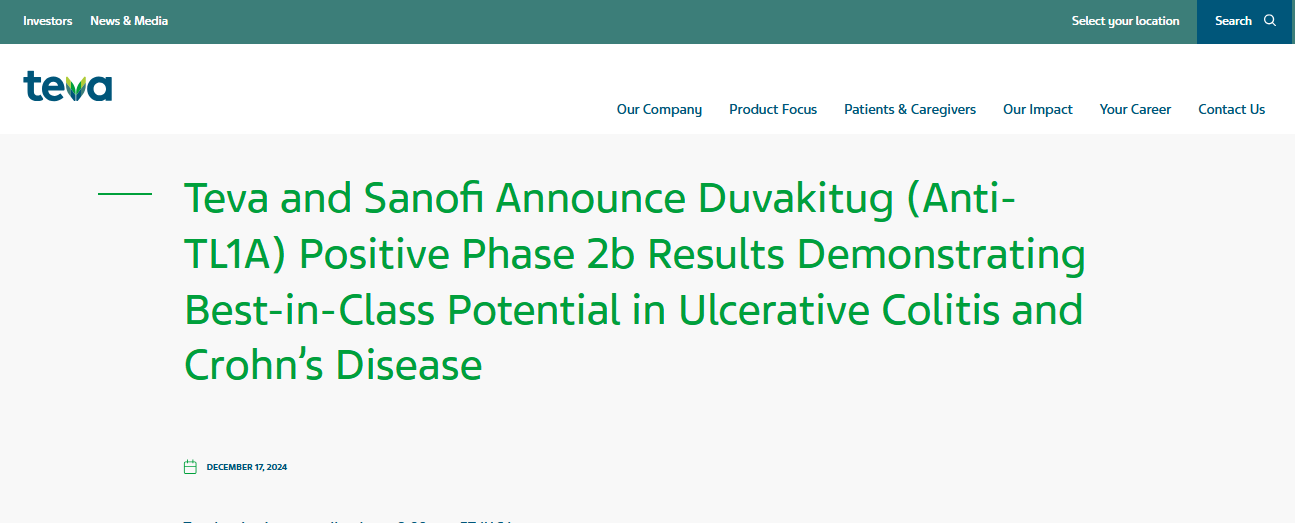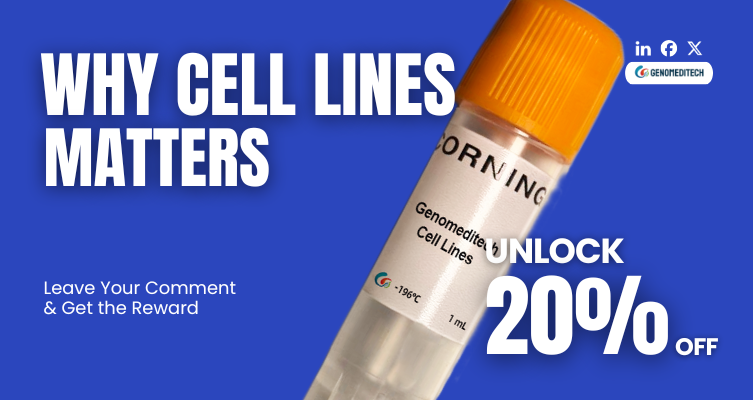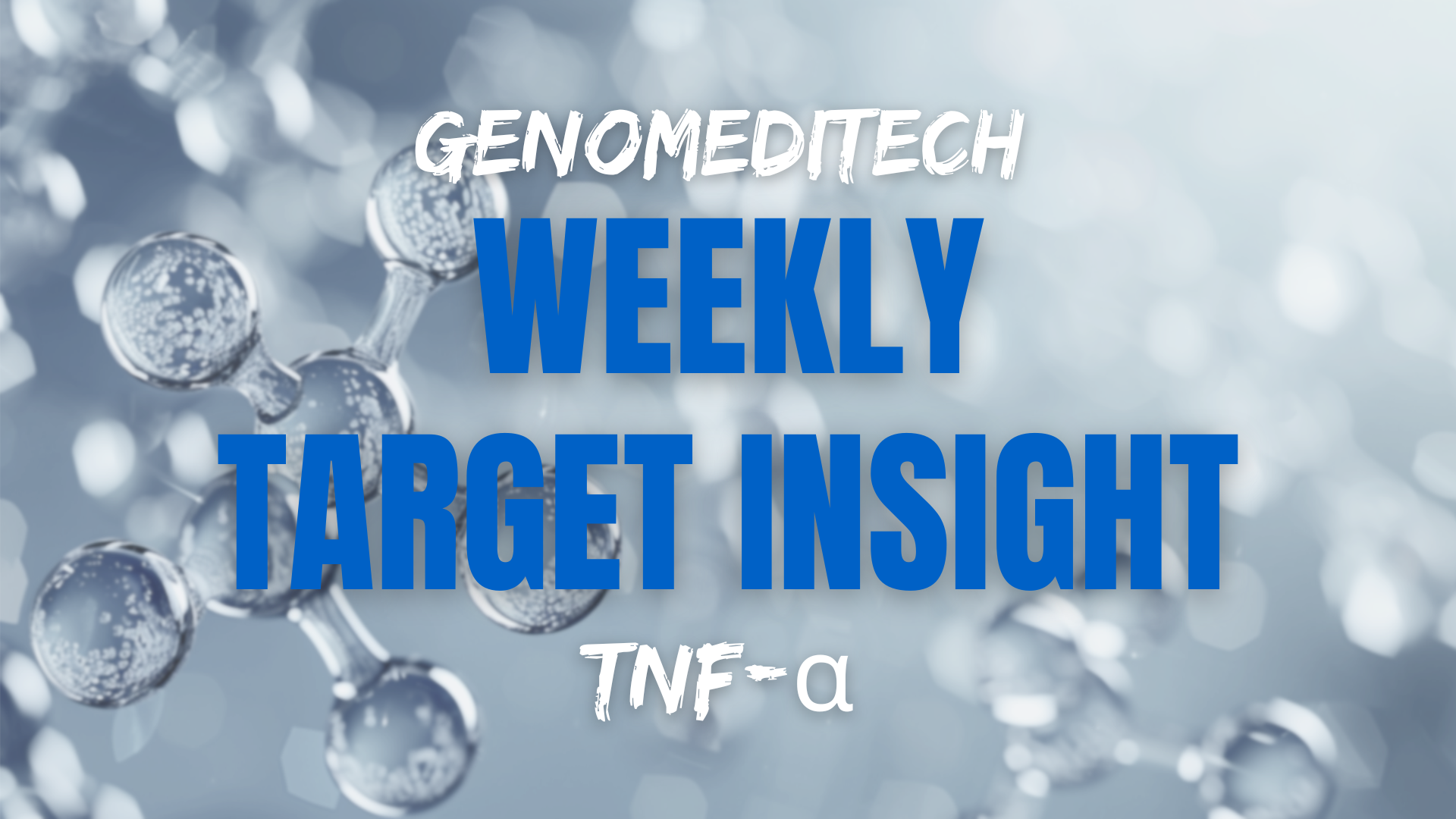Dec. 17, 2024 (GLOBE NEWSWIRE) -- Teva Pharmaceuticals, a U.S. affiliate of Teva Pharmaceutical Industries Ltd. (NYSE and TASE: TEVA), and Sanofi today announce that the Phase 2b RELIEVE UCCD study met its primary endpoints in patients with ulcerative colitis (UC) and Crohn’s disease (CD). RELIEVE UCCD investigated duvakitug (TEV’574/SAR447189), a human IgG1-λ2 monoclonal antibody targeting TL1A, for the treatment of moderate-to-severe inflammatory bowel disease (IBD).
Learn more about our TL1A/DR3 catalog

In the RELIEVE UCCD study, 36.2% (low-dose) and 47.8% (high-dose) of patients with UC treated with duvakitug achieved clinical remission compared to 20.45% on placebo, placebo-adjusted rates were 15.7% (low dose) and 27.4% (high dose), at week 14 (p=0.050 and 0.003 respectively).* In patients with CD, 26.1% (low-dose) and 47.8% (high-dose) treated with duvakitug achieved endoscopic response compared to 13.0% on placebo, placebo-adjusted rates were 13.0% (low dose) and 34.8% (high dose), at week 14 (p= 0.058 and <0.001, respectively).* Overall, the treatment effect was consistent across subgroups. This is the first and only randomized, placebo-controlled study to evaluate the impact of an anti-TL1A monoclonal antibody in CD. Detailed results are expected to be presented at a scientific forum in 2025.
Duvakitug was generally well tolerated in both UC and CD with no safety signal identified. Overall rates of treatment emergent adverse events (AE) were similar between duvakitug and placebo across both UC and CD (50% vs 50%). All AEs reported across both UC and CD were less than 5%.
“The results from the RELIEVE UCCD study have exceeded our expectations, and I am deeply moved by the potential for duvakitug to help treat and meaningfully improve the quality of life of people living with IBD,” said Eric Hughes, MD, PhD, Head of Global R&D and Chief Medical Officer at Teva.
“These positive results reinforce Teva's ability to develop and accelerate access to innovative medicines. We are excited to collaborate on the next phase of development with our partner, Sanofi, and we would like to thank the investigators and patients who participated in this study.”
“These unprecedented results show that duvakitug could represent the next frontier in treating ulcerative colitis and Crohn’s disease. If the magnitude of effect persists in the Phase 3 program, we believe we will have a differentiated medicine for IBD patients who are in urgent need of new options,” said Houman Ashrafian, MD, PhD, Executive Vice President, Head of R&D at Sanofi. “The duvakitug program and this partnership underscore Sanofi’s strategy of following the science to identify and rapidly advance breakthrough medicines for patients.”
Duvakitug is currently under clinical investigation, and its efficacy and safety have not been evaluated by any regulatory authority.














